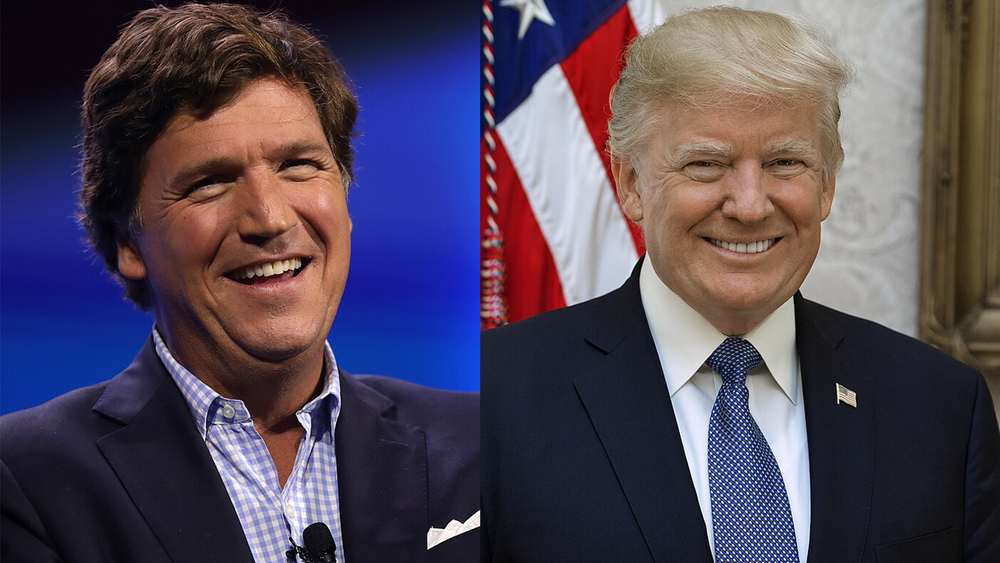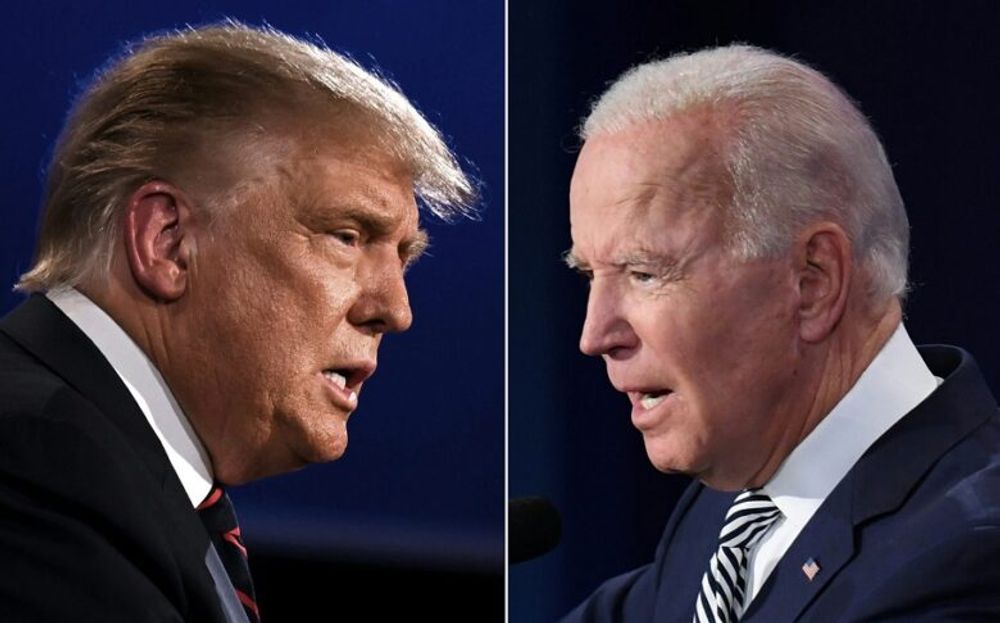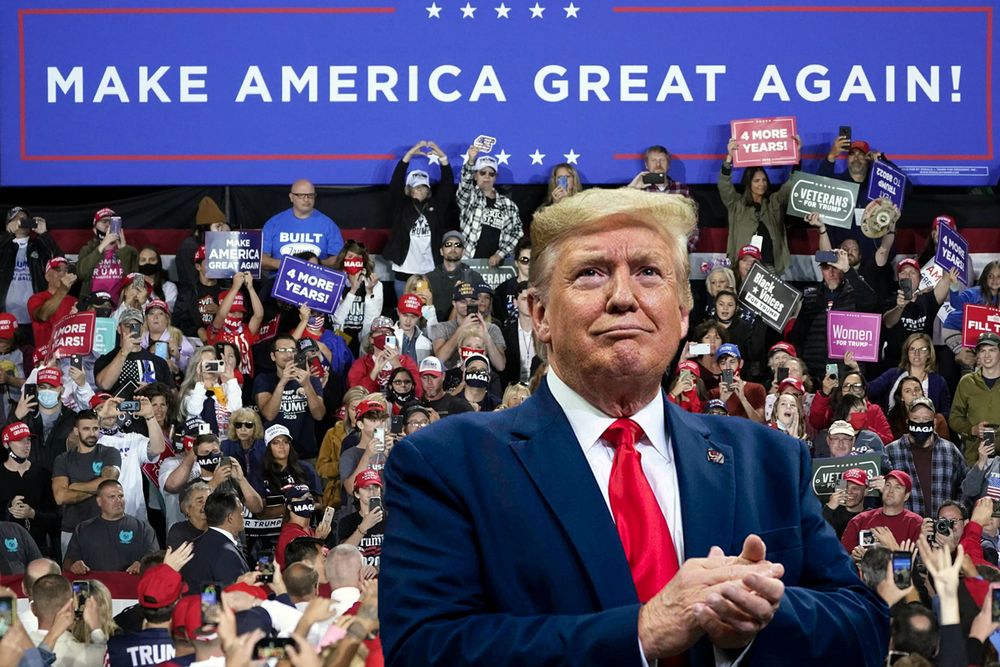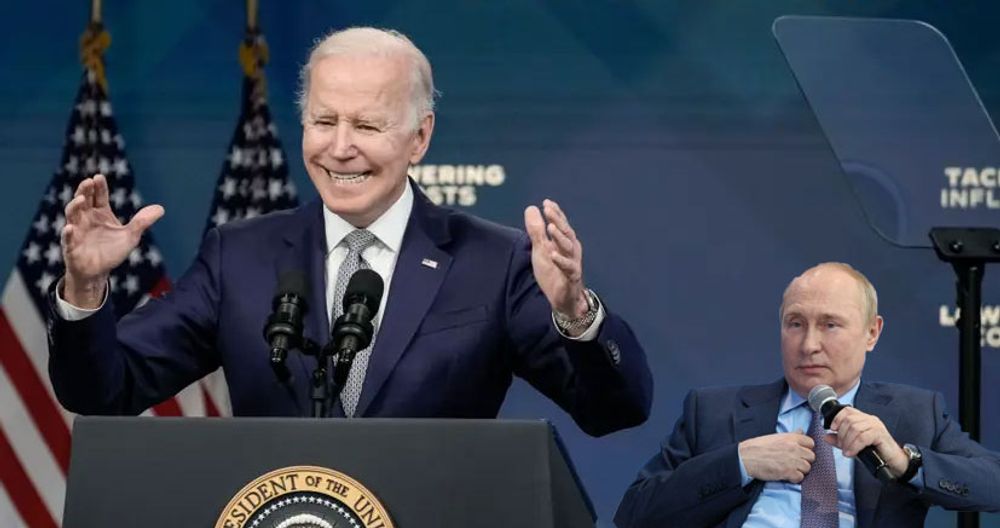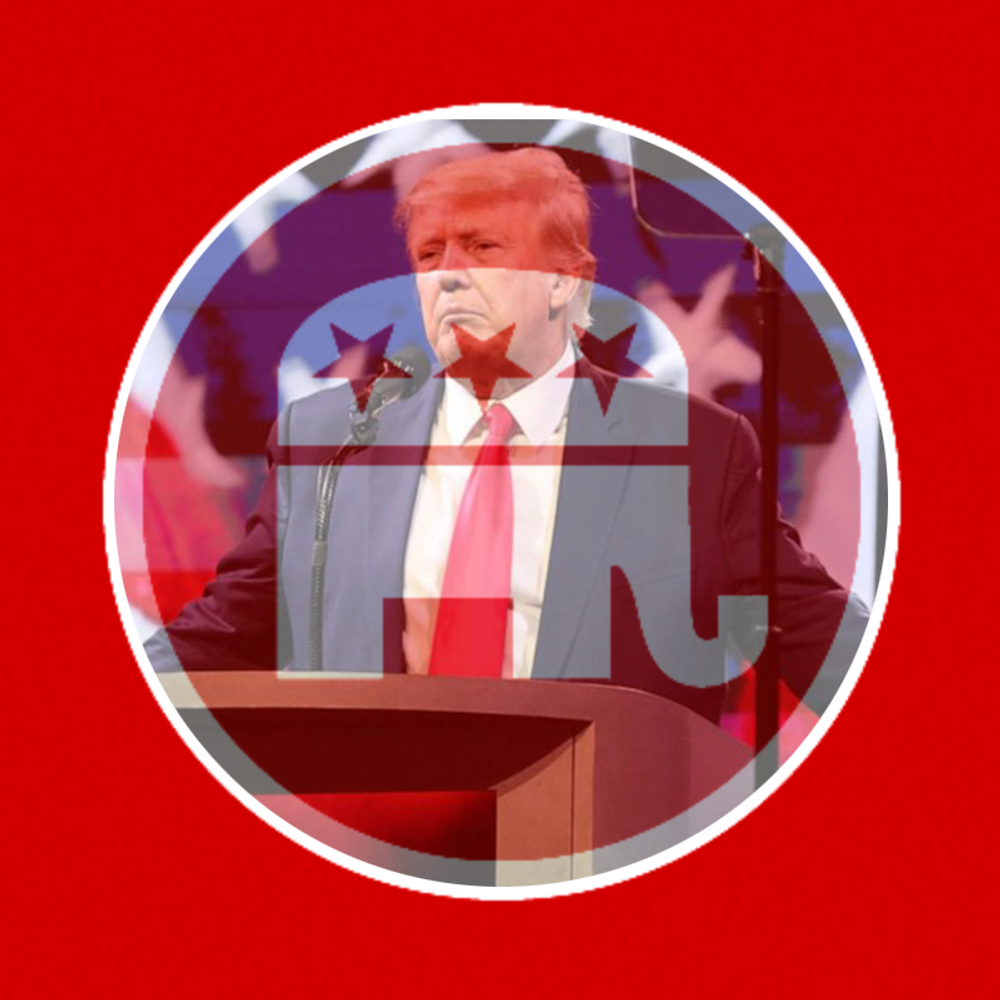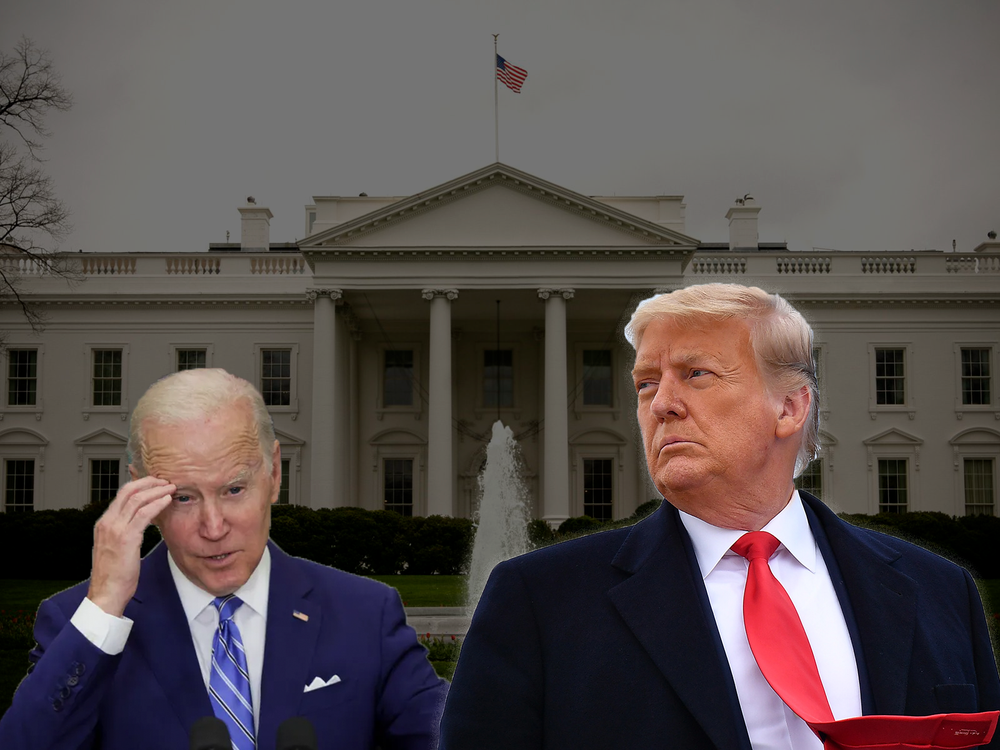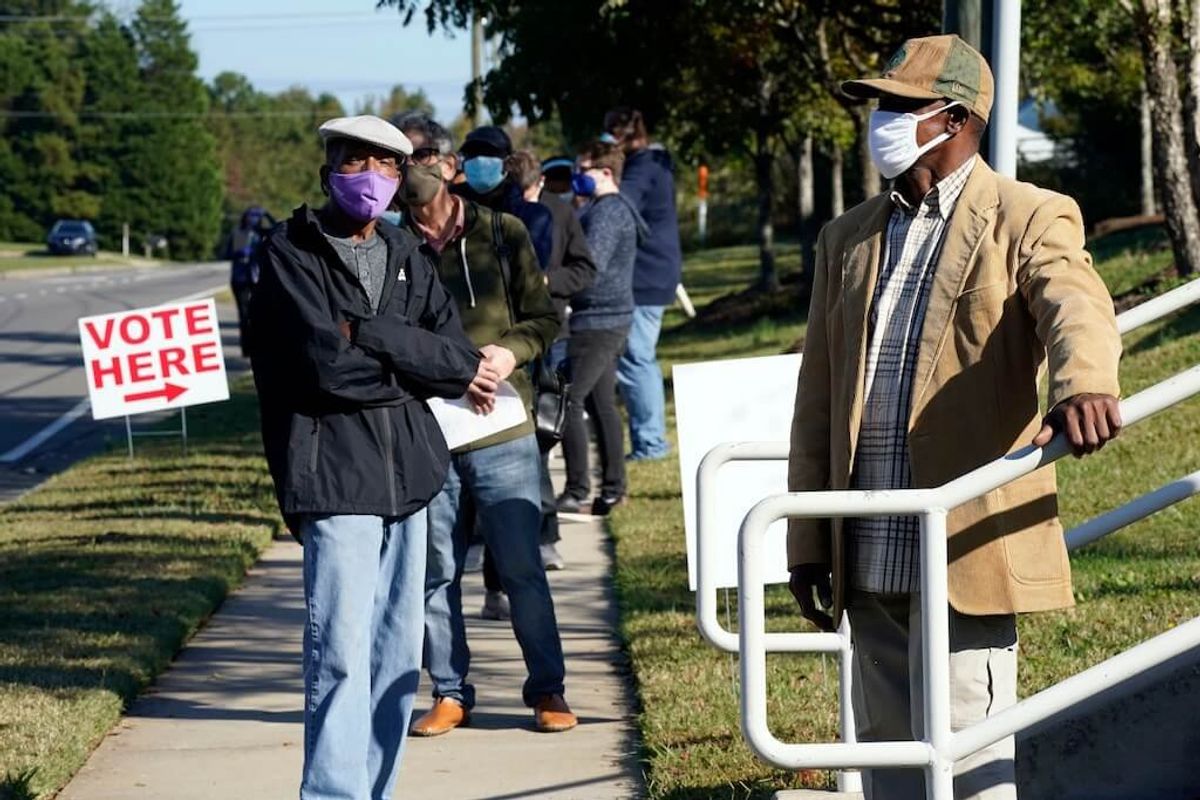
Time-Honored Tradition of Poll Watching Scrutinized in Upcoming US Election
Election observing is a time-honored American tradition that dates as far back as the 18th century and is designed to ensure fairness and transparency in voting. In 2020, some see partisan motives creeping into the civic-minded activity.
Often called “poll watchers,” election observers enlisted by political parties or candidates ensure that votes are properly cast and ballots are accurately counted. They assist with their campaigns’ get-out-the-vote efforts and, in some states, can challenge a person’s eligibility to vote.
But this year, there is concern on the part of voting rights advocates that this long-standing practice could be transformed into an instrument of harassment and intimidation to discourage voters of a particular group or political persuasion.
Much of this fear has been fueled by President Donald Trump’s repeated exhortation to his supporters to watch the polls and by his reelection campaign’s recruitment of tens of thousands of poll watchers.
‘Watch very carefully’
Promoting unsubstantiated claims that the Nov. 3 presidential election between Trump and Democrat Joe Biden will be rigged, the president has repeatedly called for vigorous poll watching, urging supporters at a North Carolina rally last month to watch “all the thieving and stealing and robbing they do.”
“I am urging my supporters to go into the polls and watch very carefully, because that’s what has to happen,” Trump said later during the Sept. 29 presidential debate with Biden. “I’m urging them to do it.”
In a social media video, Trump’s eldest son, Donald Trump Jr., last month called for “every able-bodied man and woman to join Army for Trump’s election security operation.”
The use of militarized language has caused alarm among voting rights advocates, leading Facebook last month to announce a ban on similar posts in the future.
This year, both parties are running massive poll watching programs. In July, Biden said his campaign had enlisted 600 lawyers to counter possible “chicanery” during the election and recruited 10,000 volunteers to watch the polls. A Biden spokeswoman did not respond to questions about the campaign’s poll watching program.
The Trump campaign’s more widely publicized poll watching operation, dubbed “Army for Trump,” has set a goal of recruiting 50,000 poll watchers. While experts see it as an unrealistic number, the campaign says it expects to exceed it. The campaign also dismisses concerns about its poll watching operations, saying all monitors are trained to conduct themselves properly at a polling place.
“Any argument otherwise is a conspiracy theory intended to scare voters,” Thea McDonald, deputy national press secretary for the Trump campaign, said in a statement.
“Poll watchers are critical to ensuring the fairness of any election, and President Trump’s volunteer poll watchers will be trained to ensure all rules are applied equally, all valid ballots are counted, and all Democrat rule breaking is called out,” McDonald said.
Little evidence of intimidation
Whether fears of intimidation by poll watchers will come to pass remains to be seen. So far during early and widespread voting across the country, little evidence of intimidation by Trump poll watchers has surfaced, and reports of perceived harassment have been few and far between.
In Fairfax City, Virginia, the day after early voting started on Sept. 18, a group of the president’s supporters appeared outside a polling place waving Trump flags and chanting “four more years” as voters stood in line outside the building.
While the group did not block access to the site, local officials moved the voters inside and provided escorts on the way out, Fairfax County official Gary Scott said in a statement at the time, adding that some voters and election workers felt “intimidated” by the crowd.
Across the country, election officials have prepared to deal with similar situations, said David Becker, executive director of the Center for Election Innovation and Research.
“I also think election officials are ready for this,” Becker said. “They are preparing for secure sites where people can get appropriate transparency.”
In Georgia, when early voting started this week, the president’s supporters, some of them armed and carrying Trump and Confederate flags, showed up outside polling places in two counties. Officials quickly intervened to shoo them away, according to Aunna Dennis, executive director of Common Cause Georgia. Some of the Trump supporters stood as close as 50 feet outside a voting place in violation of local electioneering laws, Dennis said.
Election officials “were really on it and they made sure that those folks left,” she added.
‘Don’t disrupt the election process’
Voter intimidation is a crime in the United States. Examples of voter intimidation include confronting voters and brandishing weapons at a polling place.
Across America, election officials say they will not tolerate voter intimidation or interference of any kind in the election process, whether it’s committed by party supporters or designated poll watchers.
“We really appreciate having the transparency of having party challengers and watchers and other outside observers,” said Maggie Toulouse Oliver, the secretary of state of New Mexico who is president of the National Association of Secretaries of State, during a recent press call. “But it’s really important that they don’t disrupt the election process in any way, shape or form. And, of course, we would take the appropriate action if necessary.”
In most U.S. states, the secretary of state serves as the top election official.
Poll watching has long been an integral part of U.S. elections. But this year’s presidential election is drawing an unusually high level of scrutiny.
A Tennessee-based private security firm recently announced plans to recruit former Special Operations personnel to “protect” the polls in Minnesota, where George Floyd’s death while in police custody on May 25 sparked nationwide protests.
Minnesota Attorney General Keith Ellison asked the company, Atlas Aegis, to “cease and desist.”
Atlas Aegis did not respond to a VOA request for comment.
Meanwhile, amid concerns about voter suppression and intimidation, outside groups are deploying their own observers to the polls. This year, the Election Protection coalition has recruited 25,000 poll watchers, while Common Cause has enlisted 35,000 people to perform a range of tasks, including poll watching. However, because of the COVID-19 pandemic, the Organization for Security and Cooperation in Europe, is deploying only a small observation mission to observe the November election.
National Security Correspondent Jeff Seldin contributed to this story.
 Plot to Kidnap Michigan Governor Raises Alarm Over US Election ViolenceNext PostTrump, Biden Campaign in Swing States They are Trying to Flip
Plot to Kidnap Michigan Governor Raises Alarm Over US Election ViolenceNext PostTrump, Biden Campaign in Swing States They are Trying to Flip
